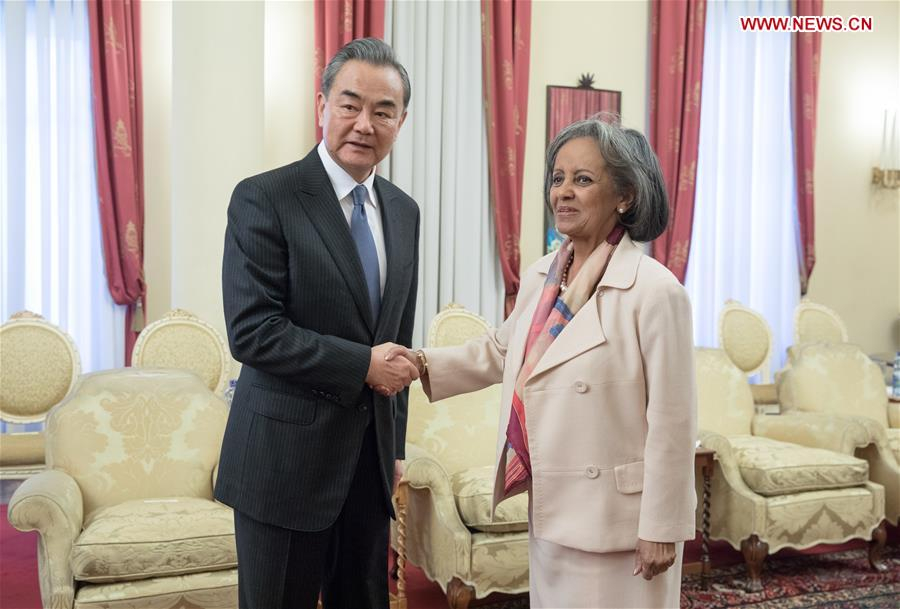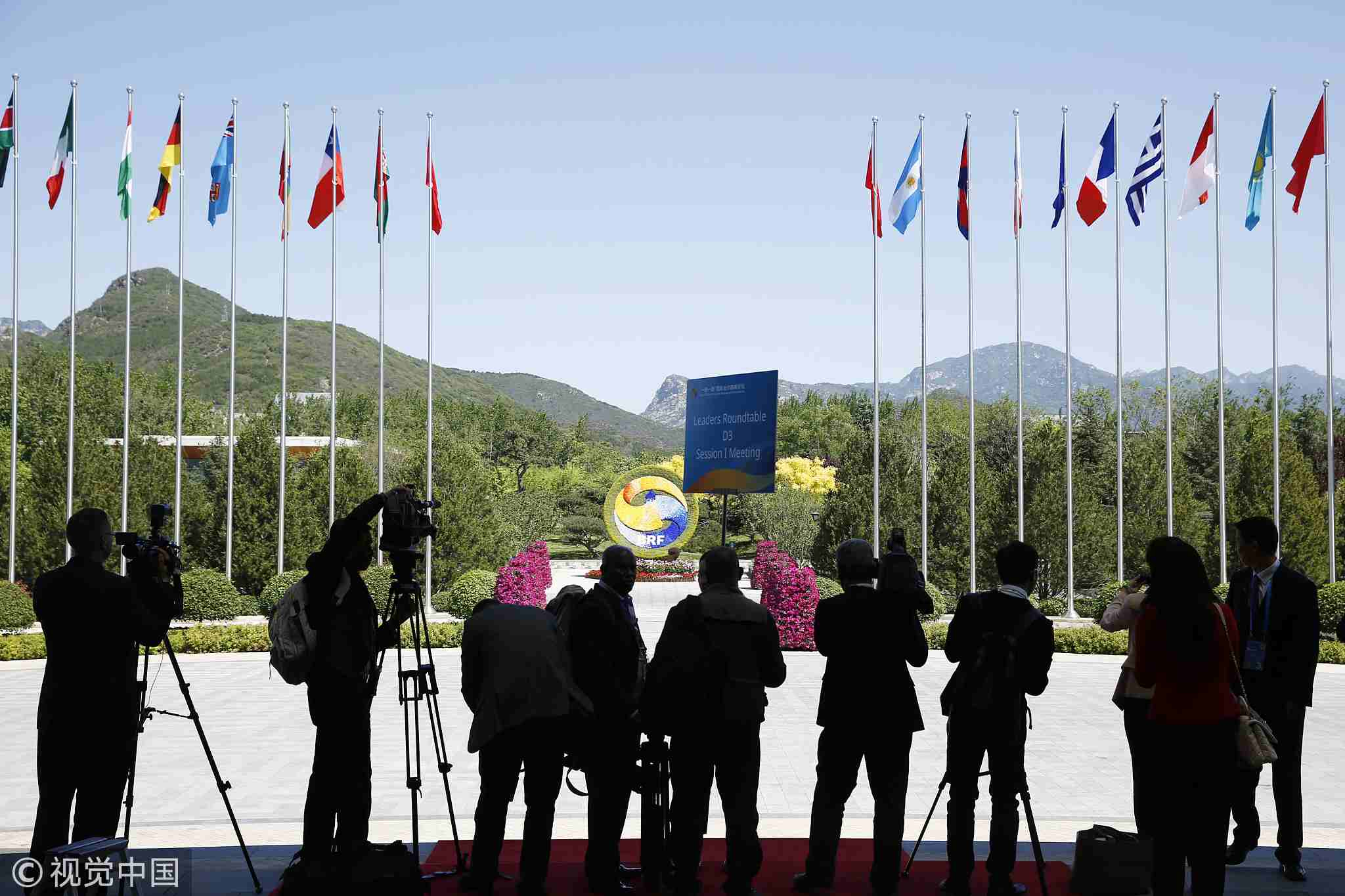
Opinion
14:03, 18-Apr-2019
My story: Ethiopia – From a landlocked to a land-linked country
Yared Eshetu

Editor's note: The second Belt and Road Forum for International Cooperation will be held in Beijing at the end of this month. Over the past six years, we have heard many voices – mostly political and economic – about the BRI. We also wanted to hear ordinary people sharing their own experiences. Over 100 people took part in our "CGTN Belt and Road Essay Contest," and we selected the 18 best stories. Here is an essay of one of the third-prize winners. The article reflects the author's opinion, and not necessarily the views of CGTN.
Amid a flurry of infrastructure projects to link China to Eurasia, the Middle East and Africa, Ethiopia emerges as a model country along the Belt and Road Initiative (BRI). It is the first African beneficiary of the initiative through the Ethio-Djibouti railway.
Alemayehu, my friend and a businessman, says the railway is much cheaper and more reliable than traveling to Djibouti by road. The rail is the first of its kind in Africa and has turned Ethiopia from a landlocked country to an officially land-linked nation.
The railway is greatly boosting the economic growth of the two countries. In the past, it would take businesspeople more than two weeks to bring their containers from Djibouti to Addis Ababa. Now, it takes them just 10 hours.
Thanks to the initiative, rapid economic development has already begun in Ethiopia. Thousands of jobs were created locally and people are being trained, some of whom are unemployed youth from my hometown Mojo.
During the construction of such projects, the young people gain skills necessary to operate, maintain and possibly construct more railways like this. Employment and training help Ethiopians develop the skills needed to boost related projects.

Ethiopian President Sahle-Work Zewde (R) meets with Chinese State Councilor and Foreign Minister Wang Yi in Addis Ababa, capital of Ethiopia, Jan. 3, 2019. /Xinhua Photo
Ethiopian President Sahle-Work Zewde (R) meets with Chinese State Councilor and Foreign Minister Wang Yi in Addis Ababa, capital of Ethiopia, Jan. 3, 2019. /Xinhua Photo
I am impressed by the new airports and industrial parks, many of which are adjacent to the railway, and potentially the Eritrean ports which are now within reach.
Ethiopia is cooperating with China in the implementation of the initiative. In fact, the two countries have reaped the fruits of their bilateral cooperation. For example, the accomplished Addis Ababa- Adama expressway years ago has become the first superhighway in East Africa, and helps me get to my hometown in only 40 minutes from the previous three hours.
Residents on the border between Ethiopia and Djibouti certainly appear to appreciate having this new transport option.
"Travelling by bus was really hard, you had to change buses and stay overnight. It took about one and a half days to get from Addis Ababa to Djibouti," says Dawit, my youngest brother and a businessman.
"On the train, it is very relaxing, you can watch the scenery and talk to people; I can't afford air tickets."
The people who live around the route and train stations are also benefiting. "At each train station, people rush to sell vegetables and fruits, and gifts for your friends and family," he added.

Journalists take pictures outside the venue of a summit at the Belt and Road Forum in Beijing, China, May 15, 2017. /VCG Photo
Journalists take pictures outside the venue of a summit at the Belt and Road Forum in Beijing, China, May 15, 2017. /VCG Photo
New towns are being built along the railway and investors are eagerly anticipating the business boom.
"There is good progress here," says Alemu, a 31-year-old who works as a driver in Mojo, an inland point for goods' transfer to seaports.
For me, through the BRI, China will grow as a major source for the transfer of industrial capacity and technology. Ethiopia has significantly benefited from the Chinese engagement in the country. It is from this standpoint that I can appreciate the initiative.
The initiative is servicing Ethiopia's growing economy and its 105 million people, the continent's second largest. The railway line, and the freedom of movement and commerce that come with it, herald a new dawn. With plans set to be achieved by 2020, Ethiopia and Djibouti are likely to become trade hubs in Africa, with the advent of cheap, reliable and efficient transport promoted by the BRI.
(The author is from Mojo, Ethiopia and has studied in the Communication University of China. If you want to contribute and have specific expertise, please contact us at opinions@cgtn.com.)

SITEMAP
Copyright © 2018 CGTN. Beijing ICP prepared NO.16065310-3
Copyright © 2018 CGTN. Beijing ICP prepared NO.16065310-3